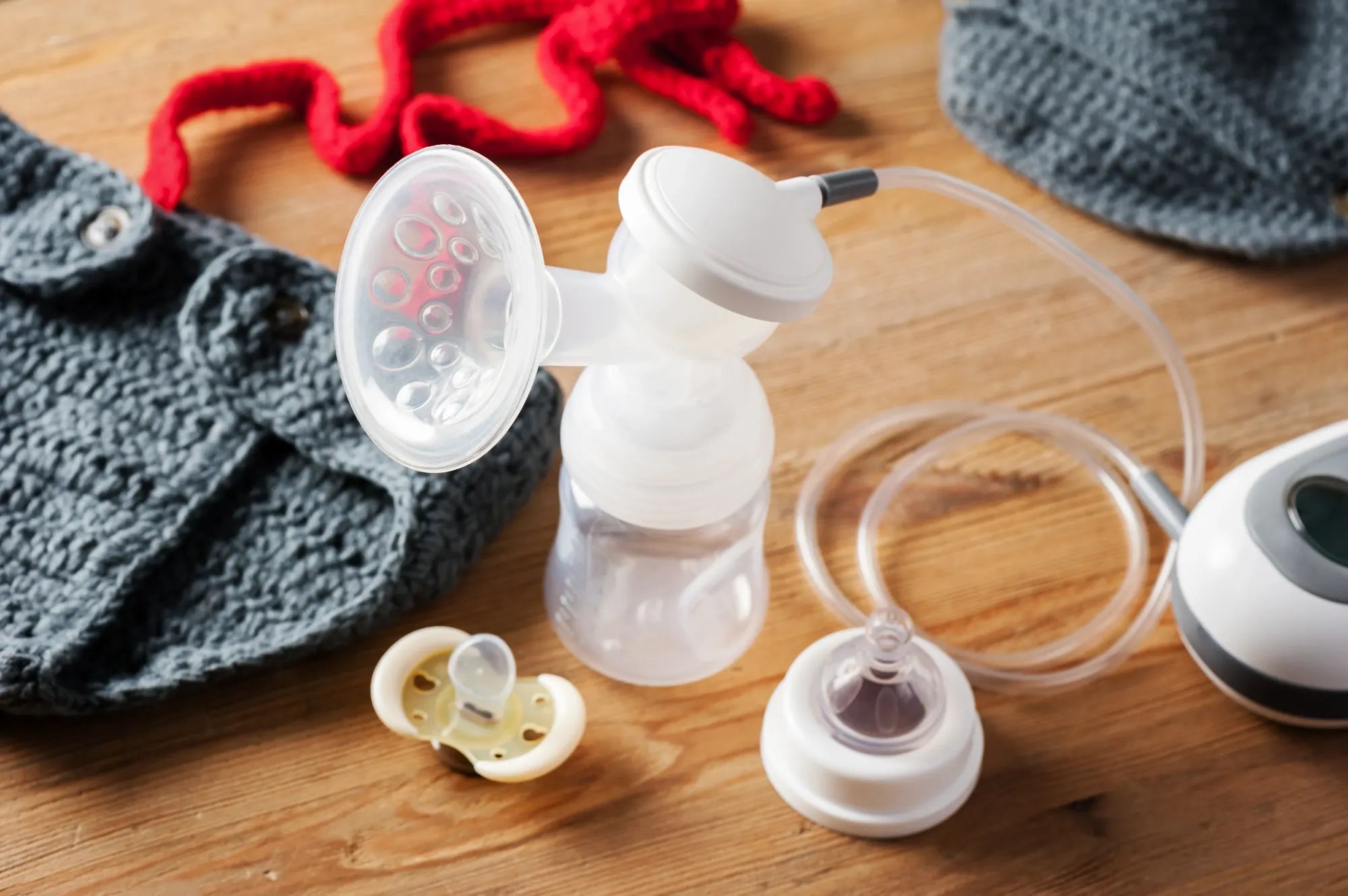Home
Pregnancy, Breastfeeding, and Pumping: The Ultimate Guide for Moms
How Long Can Pumped Breast Milk Be in the Fridge? Essential Guidelines

How Long Can Pumped Breast Milk Be in the Fridge? Essential Guidelines
As a new parent, one of the most common questions you might have is, how long can pumped breast milk be in the fridge? Proper storage of breast milk is crucial to ensure that it remains safe and nutritious for your baby. This article will provide you with comprehensive guidelines on storing pumped breast milk in the fridge, along with tips to maintain its quality.
Understanding Breast Milk Storage Basics
Breast milk is a precious resource that provides essential nutrients and antibodies to your baby. However, improper storage can lead to contamination or loss of nutritional value. The first step in ensuring the safety of pumped breast milk is understanding the basic storage guidelines.
Temperature Matters
The temperature at which you store breast milk plays a significant role in its longevity. The fridge is one of the most common places to store pumped breast milk, but it's essential to maintain the right temperature. The ideal fridge temperature for storing breast milk is between 32°F to 39°F (0°C to 4°C). This range helps to slow down bacterial growth and preserve the milk's quality.
Storage Containers
Choosing the right storage containers is equally important. Use clean, BPA-free containers or breast milk storage bags specifically designed for this purpose. Ensure that the containers are tightly sealed to prevent contamination and leakage. Label each container with the date and time of pumping to keep track of its freshness.
How Long Can Pumped Breast Milk Be in the Fridge?
Now, let's address the main question: how long can pumped breast milk be in the fridge? According to experts, freshly pumped breast milk can be safely stored in the fridge for up to 4 days. However, it's best to use it within 3 days to ensure maximum freshness and nutritional value.
Factors Affecting Storage Duration
Several factors can influence how long pumped breast milk can be stored in the fridge:
- Fridge Temperature: If the fridge temperature fluctuates or is higher than 39°F (4°C), the storage duration may be reduced.
- Hygiene Practices: Proper hygiene during pumping and storage is crucial. Always wash your hands and use clean equipment to minimize the risk of contamination.
- Milk Quality: The initial quality of the breast milk can also affect its storage duration. If the milk was expressed under clean conditions and stored promptly, it will last longer.
Tips for Storing Pumped Breast Milk in the Fridge
To ensure that your pumped breast milk remains safe and nutritious, follow these tips:
Store Milk Immediately
After pumping, store the breast milk in the fridge as soon as possible. If you're unable to do so immediately, keep the milk in a cooler with ice packs for up to 24 hours before transferring it to the fridge.
Use the Oldest Milk First
Practice the first-in, first-out method. Always use the oldest stored milk first to ensure that none of it goes to waste. This practice also helps to maintain a rotation of fresh milk.
Avoid the Fridge Door
Store breast milk in the main body of the fridge rather than the door. The temperature in the door can fluctuate more frequently, which can affect the milk's quality.
Thaw Frozen Milk Safely
If you have frozen breast milk, thaw it in the fridge overnight or under cool running water. Avoid thawing milk at room temperature or in warm water, as this can promote bacterial growth.
Signs That Breast Milk Has Gone Bad
Even with proper storage, it's essential to know the signs that breast milk has gone bad. Here are some indicators:
- Unpleasant Odor: Spoiled breast milk may have a sour or rancid smell.
- Change in Color: While breast milk can vary in color, a significant change, such as a yellow or brown tint, may indicate spoilage.
- Separation: It's normal for breast milk to separate into layers. However, if the milk remains clumpy or chunky after gentle swirling, it may be spoiled.
Frequently Asked Questions
Here are some common questions parents have about storing pumped breast milk in the fridge:
Can I Refrigerate Breast Milk After It Has Been Warmed?
It's not recommended to refrigerate breast milk after it has been warmed. Once breast milk has been warmed, it should be used within 1-2 hours. Re-refrigerating warmed milk can increase the risk of bacterial growth.
Can I Mix Fresh and Refrigerated Breast Milk?
Yes, you can mix fresh and refrigerated breast milk, but there are some guidelines to follow. Ensure that the fresh milk has been cooled in the fridge before mixing it with previously refrigerated milk. This helps to maintain a consistent temperature and prevent bacterial growth.
How Long Can Breast Milk Stay Out of the Fridge?
Freshly pumped breast milk can stay out of the fridge for up to 4 hours at room temperature (up to 77°F or 25°C). If the room is warmer, the milk should be refrigerated within 2 hours.
Proper storage of pumped breast milk is essential to ensure that it remains safe and nutritious for your baby. By following these guidelines, you can confidently store breast milk in the fridge and provide your little one with the best possible start in life. Remember, when in doubt, it's always better to err on the side of caution and discard any milk that you suspect may be spoiled.
Share

